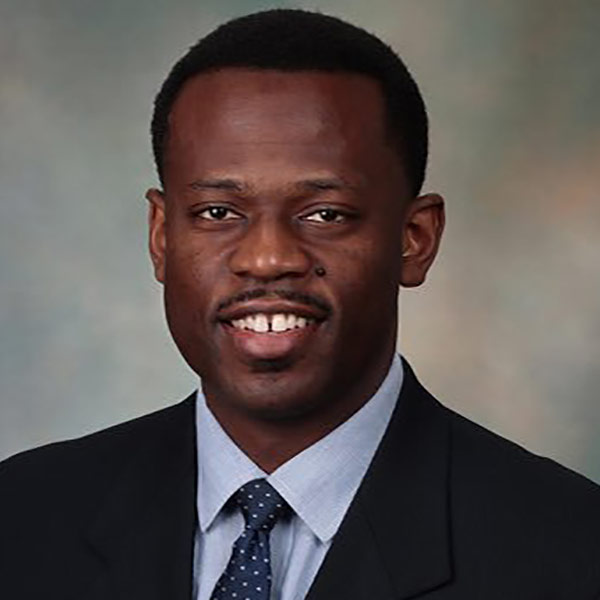Investing in the Humanities For Cardiology Trainees

"Humanities" can feel like an amorphous term for those who have been focused on STEM education since an early age. What are the humanities and why should you heed Sir William Osler's famous exhortation that physicians cultivate a strong humanities background? A 2013 report on the humanities to U.S. Congress stated, "The humanities – including the study of languages, literature, history, jurisprudence, philosophy, comparative religion, ethics, and the arts – are disciplines of memory and imagination, telling us where we have been and helping us envision where we are going." The humanities can act as both a guiding light and a roadmap. A regular dose of the humanities can help optimize wellness, fine-tune clinical skills, and reduce the likelihood of burnout of cardiology trainees.
Optimizing Wellness
Several fields within the humanities have been shown to promote wellness. Expressive writing has been associated with long-term improvements in health and lowered stress levels. In addition to decreasing cortisol responses, subjects with post-traumatic stress disorder showed a greater capacity to regulate their symptoms. Expressive writing applied in a medical context is termed narrative medicine. Rita Charon, MD, PhD, artfully describes how, through narratives, physicians can "recognize their own personal journey through medicine," and "acknowledge kinship with…other health care professionals," among other benefits.
Visual self-expression (e.g., drawing, painting, sculpting) is known to improve attention, health and well-being. Exposure to art – even passively – activates the reward pathway. A functional MRI study discovered that images of art, compared to non-art images, activated pathways that regulate reward, sensory and emotional processing, social cognition, long-term memory, and others. Perhaps not surprisingly, art can also elevate one's mood. Making art has been shown to reduce cortisol levels and improve mood and self-efficacy. Another study found following art creation, participants significantly improved in their self-perceptions of "having good ideas" and "problem solving." A separate study recorded subjective responses from participants following art-making sessions, which they described with the following terms: "helpful for learning about new aspects of self," "freeing from constraints," "an evolving process of initial struggle to later resolution" and "about flow/losing themselves in the work."
Fine-Tuning Clinical Skills
The benefit of humanities is not limited to the classroom setting. Exposure to the humanities also serves as cross-training to daily clinical practice. A previous study showed that studying visual arts can help medical students develop "visual literacy."
Clinicians and institutions around the country are starting to utilize improvisational training to help clinicians improve their communication skills. Specifically, through lively performances, clinicians hone their skills in listening for facts, feelings, and intentions; responding to nonverbal cues; thinking quickly; and collaborating with the patients to create a meaningful patient encounter. Other cited benefits included increased level of comfort and skill in managing uncertainty, which occur frequently in medical practice.
Similarly, it turns out physicians and musicians have much in common. Lisa Wong, MD, expertly captured the nexus of skills required for both music and medicine: "listening, collaboration, empathy, attention to detail, and aspiration to excellence." Wong concluded, "Creativity coupled with dedication to excellence and a lifelong commitment to practice is a formula for success," that, "[…] can only enhance the masterful performance, life, and enjoyment of the physician-musician." There is actually a neural basis for this assertion. In a study using dopamine modulators, the authors were able to demonstrate that dopamine modulates the reward experiences elicited by music. Similarly, Frank Davidoff, MD, compared the training of highly skilled musicians with that of highly skilled physicians while reflecting on the flexibility required to thrive in both fields. Common features include learning and teaching through expert coaching; dedication to continual practice and integration of that practice into daily work and performance; and honing expertise from the strong foundation of fluency with standard procedures complemented (not supplanted) by innovation by individual practitioners. Finally, each day of clinical practice is a performance and, as they say, you're only as good as your last performance.
Preventing Burnout
According to Cal Newport, Aristotle would recommend embracing pursuits that provide a source of "inward joy." Newport, who writes extensively about optimizing the role of technology in our lives, recommends developing intentional or "high quality" forms of leisure as the most fulfilling and rejuvenating form of spending time away from work. Generally, high-quality leisure harnesses a skill, accomplishes a goal, promotes real-world social interactions, and produces valuable things. Examples of high-quality leisure include mastering a new song, learning a language, reading a book, participating in an improv comedy session, watching a TV show or movie and discussing with friends.
Through this lens, it may be clearer to see how the arts can build resilience or increase wellness and are an investment in a better you.

This article was authored by Olubadewa A. Fatunde, MD, MPH, a fellow at Mayo Clinic in Arizona. Twitter: @BFatundeMD
This content was developed independently from the content developed for ACC.org. This content was not reviewed by the American College of Cardiology (ACC) for medical accuracy and the content is provided on an "as is" basis. Inclusion on ACC.org does not constitute a guarantee or endorsement by the ACC and ACC makes no warranty that the content is accurate, complete or error-free. The content is not a substitute for personalized medical advice and is not intended to be used as the sole basis for making individualized medical or health-related decisions. Statements or opinions expressed in this content reflect the views of the authors and do not reflect the official policy of ACC.

